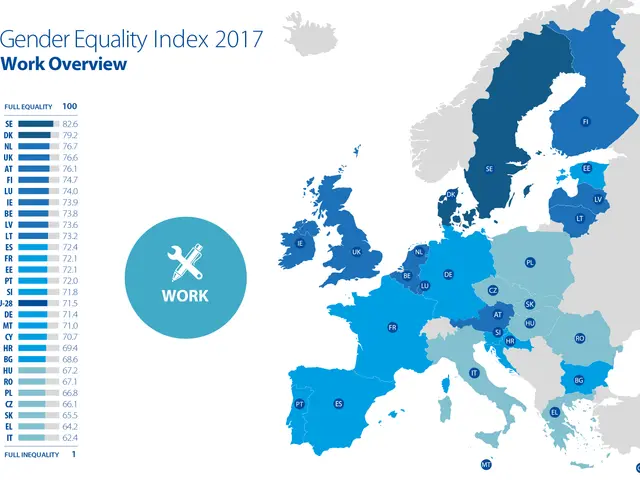Nvidia Hits $4 Trillion Valuation, Unveils AI Integration Plans
Nvidia, the global semiconductor giant, has reached a staggering $4 trillion valuation this summer, buoyed by partnerships with leading companies and the support of President Donald Trump. The company's CEO, Jensen Huang, recently unveiled ambitious plans at the GTC AI conference in Washington, DC, aiming to integrate AI technology into everyday life, from cell phone towers to self-driving cars.
Nvidia is set to revolutionize the automotive industry by teaming up with Uber to build 100,000 self-driving cars starting in 2027. This venture will leverage Nvidia's advanced chips and DriveOS system, demonstrating the company's commitment to shaping the future of transportation.
In the realm of telecommunications, Nvidia is collaborating with T-Mobile and Nokia to construct 'AI-native' 6G cell phone towers using its cutting-edge Aerial RAN computer. This initiative underscores Nvidia's ambition to make AI technology the backbone of next-generation connectivity.
The company is also laying the groundwork for AI data centers, dubbed 'AI factories', by releasing blueprints that utilize its chips and software. This move signals Nvidia's intent to streamline the deployment of AI infrastructure worldwide.
Nvidia's influence extends beyond hardware and infrastructure. It is providing Palantir with computing power and AI models to automate processes for companies like Lowe's, demonstrating the potential of AI in supply chain management. Furthermore, Nvidia is partnering with Siemens to create digital twins of robotic factories, aiming to fill manufacturing job openings more efficiently.
In the realm of quantum computing, Nvidia is working with the US Department of Energy to build seven new supercomputers using its AI chips. This collaboration highlights Nvidia's commitment to advancing the field of quantum computing and its potential applications.
While Nvidia's ambitious plans paint a promising future for AI integration, the company faces challenges such as market bubble concerns, competition from AMD and Qualcomm, and trade restrictions. Despite these hurdles, Nvidia continues to forge ahead, shaping the landscape of AI technology and its applications in various industries.
Read also:
- Executive from significant German automobile corporation advocates for a truthful assessment of transition toward electric vehicles
- United Kingdom Christians Voice Opposition to Assisted Dying Legislation
- Democrats are subtly dismantling the Affordable Care Act. Here's the breakdown
- Financial Aid Initiatives for Ukraine Through ERA Loans







